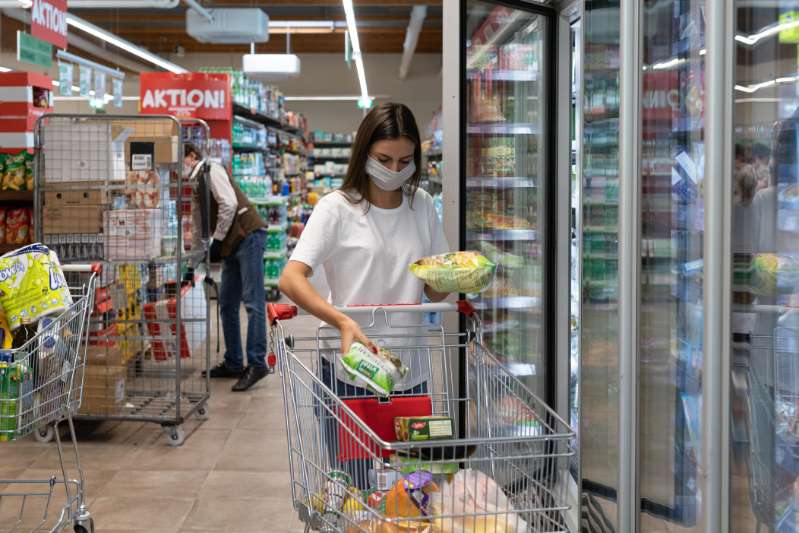25 kilograms per household – without ice cream and cakes. A good 100,000 tons in total.

Icon image
As is well known, the corona crisis affects all areas of life. This also applies to food. Most of those who fed themselves to school, kindergarten or the office before the pandemic and the accompanying lockdowns had to change that; social dining in the restaurant has long ceased to exist. This was reflected in frozen food sales. In 2020, every household bought an average of 25 kilograms of frozen products, 3 kilograms more than in 2019. According to Iglo, that is more than ever before.
According to this, a total of 100,000 tonnes of frozen pizzas and the like were bought by Austrian households last year (all information excluding ice cream and cakes). Thus, a total turnover in food retail of 537 million euros was achieved. Revenues in this food category in food retailing grew by 19 percent last year, or almost a fifth. The fish and seafood segments recorded particularly high growth rates (+24.5 percent to almost 170 million euros), potatoes (+17.9 percent to a good 61 million euros) and vegetables (+ 17 percent to a good 116 million euros) .
Increase in vegetables, fish and seafood
Above-average sales increases were recorded for products that can be used as components of self-cooked meals. Sales with natural vegetables increased by 20 percent to almost 61 million euros, with natural fish by 26.9 percent to almost 64 million euros and with seafood by 31.8 percent to a good 38 million euros.
Sales of frozen ready meals (+13.2 percent) also grew strongly, but to a lesser extent in comparison. It reached almost 122 million euros.
“In 2020 we cooked more ourselves”
“The development of the entire frozen food category shows that in 2020 Austria's kitchens were increasingly home-cooked”, says Markus Fahrnberger-Schweizer, Managing Director of Iglo Austria. The data for his own company showed this in particular. The advantages of frozen products are the long shelf life of fish and vegetables, easy portioning and the associated avoidance of food waste.

